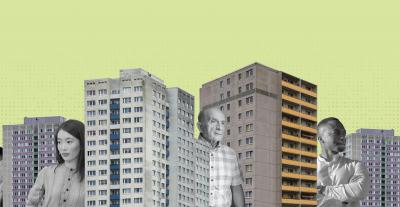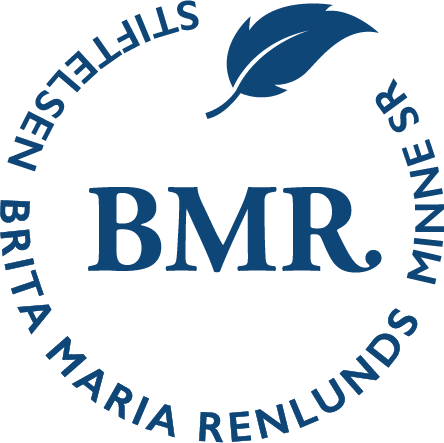
The Future of Diverse and Disadvantaged Neighborhoods in the Nordic Welfare States — The Voices of Residents
Migration is one of the megatrends of the 21st century. In the Nordic countries, migration has led to increased ethnic diversity, which is most noticeable in urban neighborhoods where many first- and second-generation migrants have settled. These residential areas are often disadvantaged when it comes to prosperity and wellbeing as well as political influence. The development in the areas is of great importance for local – and ultimately also – national cohesion in Nordic welfare societies.
The residents in disadvantaged neighborhoods are rarely heard in public debate. In the project, researchers will conduct quality panel surveys with residents that are not easily reached by researchers or who do not participate in surveys for other reasons. The surveys are conducted in a total of 6 neighborhoods in major cities in Denmark, Finland and Sweden.
Researchers in the project strive to understand how residents relate to each other and society. The residents are interviewed regarding both their own well-being and their perceptions of what is positive and what is negative in their neighborhoods. Questions about trust in institutions, national and group identity, perceived agency, as well as feelings of discrimination are also included.
As a result of the project the researchers expect to be able to give a voice to the residents of disadvantaged neighborhoods, whose own points of views are rarely heard but about which there are many preconceived notions in the public arena. At the same time, researchers aim to identify factors that shape these residents’ perceptions of social cohesion.
The aim of the project is to give politicians and other decision-makers knowledge that can inform measures supporting social cohesion, especially at a local level. The project also gives the public the opportunity to better understand and connect to the social reality in areas that are otherwise unfamiliar. Another purpose of the project is to create a model for undertaking representative and quality-assured surveys among groups that are difficult to reach.
Researchers from the fields of political science and urban geography are participating in the project. The project is hosted by the University of Gothenburg. It has been granted 850,000 euros.
Project group

Professor Peter Esaiasson (project leader), University of Gothenburg
Associate professor Henning Finseraas, Norwegian University of Science and Technology, Trondheim
Professor Kim Mannemar Sønderskov, Aarhus University
PhD Niels Nyholt, Aarhus Universitet
Professor Mari Vaattovaara, University of Helsinki
Assistant professor Venla Bernelius, University of Helsinki
Doctoral researcher Oskar Rönnberg, University of Helsinki
Associate professor Jacob Sohlberg, University of Gothenburg
Project planner Mathew Page, University of Helsinki







